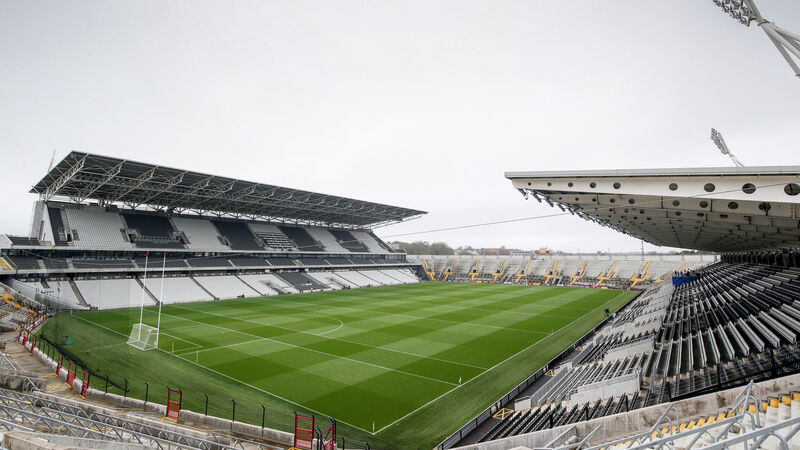Michael Moynihan: Are Cork clubs drawing short straw here?

A general view of Pairc Ui Chaoimh. Picture: INPHO/Laszlo Geczo
Who could have imagined that the executive of the Cork County Board harboured so many secret fans of The Mandalorian?
This seems the only logical explanation for the new funding initiative from the Board, the Rebels’ Bounty ticket scheme, which was flagged in these pages last July.








